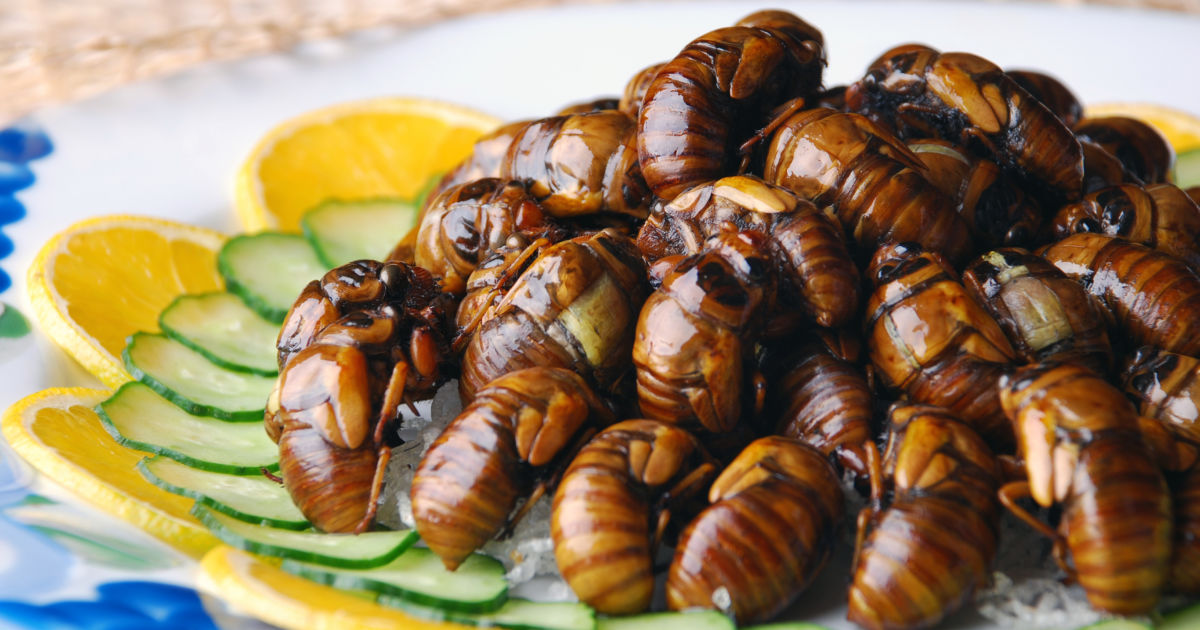Edible Insects And Their Health Benefits
Beetles

Of all edible insects, beetles are the ones most frequently eaten across the globe. In fact, they make up thirty-one percent of the total global insect consumption. Like other insects, beetles provide all nine essential amino acids, and they have more protein than most other varieties of insects. Beetles are especially popular as food in parts of Africa and in the areas around the Amazon basin. Long-horned, june, and rhinoceros types are among those most commonly eaten. A nutritional analysis of several types of beetles revealed Zophobas beetles are especially rich in vitamin E, vitamin A, beta carotene, and lutein. Tenebrio beetles are another good source of these nutrients. Vitamin E may help reduce inflammation, and vitamin A is essential for bone growth, eye health, and skin repair. Beta carotene, a special form of vitamin A, is believed to help prevent some of the cognitive decline associated with aging, and the nutrient has been shown to reduce the risk of lung cancer in female non-smokers. Studies suggest lutein intake may help prevent age-related macular degeneration, and it may also lower the risk of cataract formation. Interestingly, beetles contain a significant amount of ash, an element that provides phosphorus, potassium, and calcium.